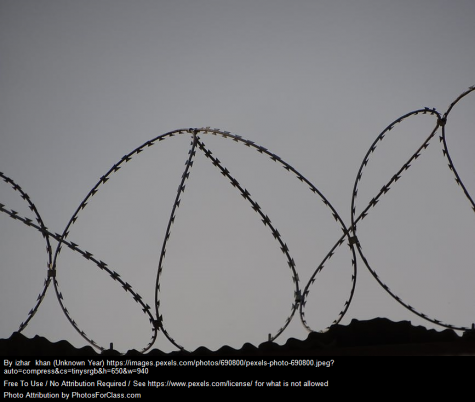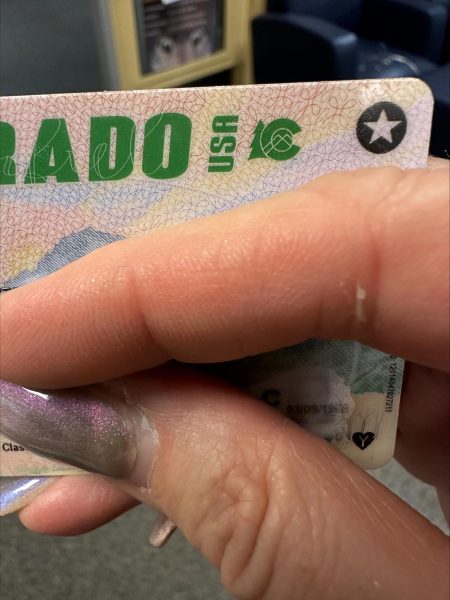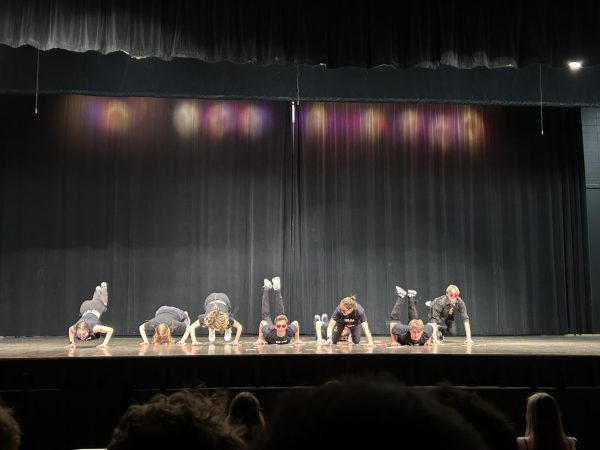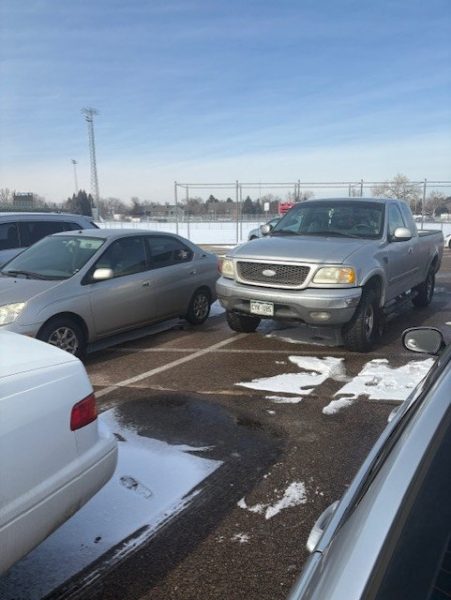What Is Prison Abolition?
 Despite its citizens accounting for only 4% of the world’s overall population, the United States has 22% of the prison population. Even if African Americans were incarcerated at the same rate as whites, the US would still have the world’s most prisoners by far. How did we get here and where do we go from here? Clearly, a fundamental shift in the way we understand criminal justice is necessary.
Despite its citizens accounting for only 4% of the world’s overall population, the United States has 22% of the prison population. Even if African Americans were incarcerated at the same rate as whites, the US would still have the world’s most prisoners by far. How did we get here and where do we go from here? Clearly, a fundamental shift in the way we understand criminal justice is necessary.
Like all visions for transforming society, there are numerous misconceptions about abolishing prisons. Most of the opponents would claim getting rid of police would cause a massive uptick in violent crime. For one thing, abolition doesn’t mean immediately releasing all prisoners. It would start with ones who were originally charged for less serious crimes, and would create new institutions, like psychiatric wards, to house the worst offenders. For another, such claims miss the fact that our current criminal justice system fails to prevent future violence or heal victims, but instead only seeks revenge. The deterrent it creates is nothing compared to the immediate motivations for a “criminal” act, which are often irrational. It’s not like “repeat offenders” don’t exist. Abolitionism is about fundamentally shifting our conception of justice from one focused on retribution to one focused on reparation, rehabilitation, and prevention.
The decarceration of society would not be confined to the prison and police, but would include the creation of a broad array of alternative institutions to take the place of extant ones. This would include the creation of government programs to aid survivors of domestic abuse, the mentally ill, homeless, or other victims of violence and inequality. It would also be necessary to counteract the way the prison has influenced the way we understand other parts of society, especially schools and the medical system.
The current education system is much more focused on discipline and creating future workers than it is in developing children into functioning adults. An abolitionist vision of schooling requires replacing detention, expulsion, or arrest with counseling or transferring students. A crucial change would be ensuring that schools that teach disadvantaged students have more, not fewer, resources than others. Paying greater attention to students’ mental health would do a lot to reduce fights, and get students who are victims of abuse at home access to social services. This would prevent the criminalization of youth, which is endemic to our current system.
Currently, students who misbehave are targeted by disciplinary tools such as SRO’s, suspensions, or legal charges that put them at great risk of future incarceration. It does this by disrupting their education, which makes it harder for them to get into college or secure a well-paying job. These disciplinary tools have been statistically proven to disproportionately target students of color. That dynamic perpetuates cycles of poverty, entrenching racial wealth inequality. Current punishments make things worse for students in the long run by making them more likely to drop out or be arrested in the future. Once arrested, many of them will receive lengthy prison sentences.
This mode of criminal punishment results in more overall suffering, where offenders lose many of their basic freedoms, some permanently. For non-white Americans, the oppressive power of the prison extends far beyond its physical walls. According to Safiya Bukhari, the prison system is a social project founded on containing and erasing Blackness; from schools to mental hospitals to tenement blocks, the criminalization of Black life is inescapable. Regardless of whether you share this view, it is undeniable that African-Americans are the disproportionate victims of police violence, from suspicion-less search or seizure of property to indiscriminate killing.
What now? To start, it will be necessary to spread this radical view of justice. This will create a movement that can put pressure on existing political authorities to fundamentally re-evaluate the prison system. It will also entail creating new political spaces for things like community self-defense. Those new spaces could include a new party for those of us in the US, as any of the current leaders are highly resistant to this program. That will set the foundation for a transformative understanding of Justice, that aims to heal and prevent instead of punish.

Jaden is a Senior at Rocky who competes for the Debate and Tennis teams. He is still upset that Taco Bell stopped selling Quesaritos, and enjoys camping....








